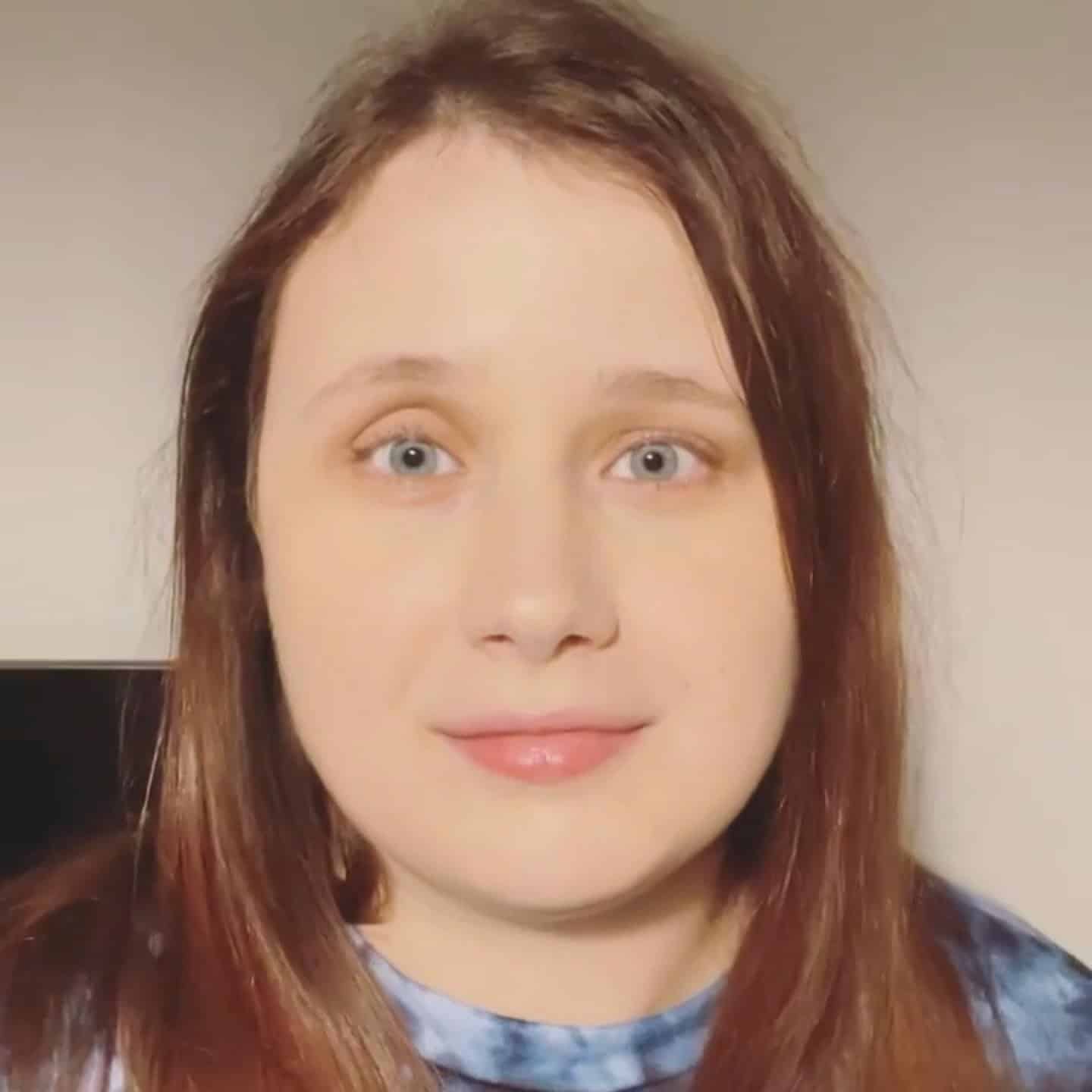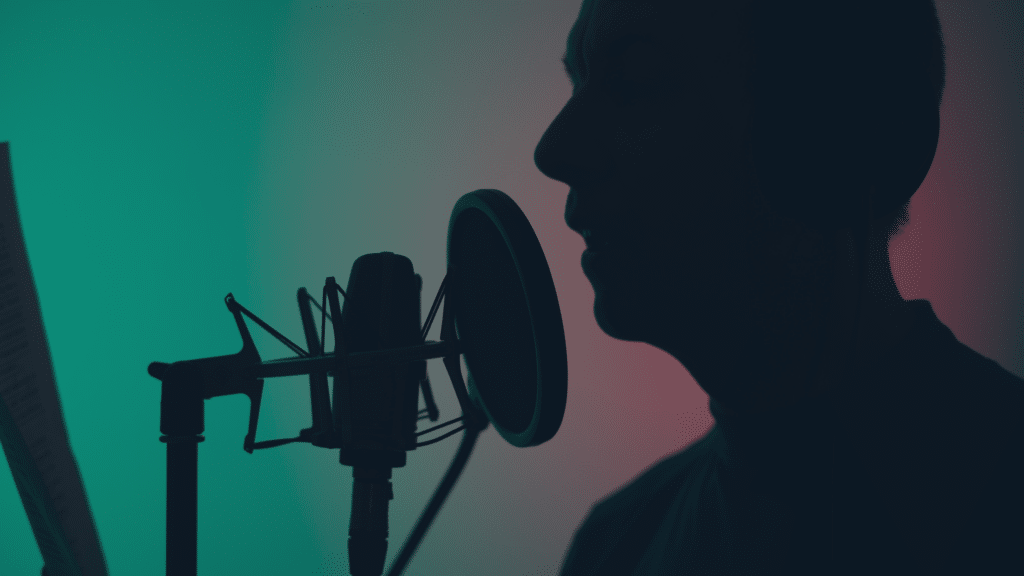
Introduction
The entertainment industry is constantly undergoing a radical transformation, with artificial intelligence (AI) playing a pivotal role in reshaping traditional filmmaking processes. From AI-assisted scriptwriting to AI-powered storyboarding, locations and post-production, AI is seemingly everywhere.
One of the most groundbreaking AI applications in film is Respeecher, a Ukraine-based company specializing in voice-cloning technology. Respeecher has become one of the most groundbreaking innovations in the filmmaking space. It’s a voice-cloning technology that enables actors, studios, and filmmakers to replicate voices with astounding accuracy.
So far, Respeecher has been used to revolutionize the dubbing industry, making an undeniable mark on Hollywood. However, the innovation hasn’t been free of controversy, with concerns about ethics and authenticity sparking debates across the film industry.
In this blog we’ll explore the capabilities of Respeecher, how it’s applied in film and TV, and of course, its benefits and drawbacks. Plus, we’ll be answering the big question: just what does the future hold for AI-generated voices in Hollywood?
This isn’t our first foray in wondering how AI will impact the film industry. We’ve written about AI storyboarding tools, and why traditional storyboarding still matters, and we investigated the increased use of AI in every part of the film production process, from script to screen – so it’s a subject you could say we’ve been following closely as to better inform you of any progress or pushback. Respeecher is part of that progress.
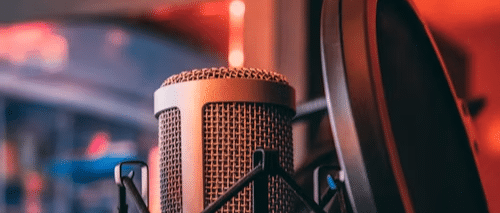
What is Respeecher and How Does it Work?
Respeecher is an AI-powered voice synthesis technology that leverages machine learning to generate lifelike speech patterns based on an existing voice. What sets it apart from traditional voice modulation is that Respeecher captures the timbre, cadence, and inflection – the uniqueness of each voice to produce a hyper-realistic recreation.
To start the process, the program will collect voice data with a speaker. It records a series of phrases that function as a foundation for AI learning. The software than uses deep learning algorithms to analyze the speaker’s vocal characteristics. One trained, the AI can generate speech that sounds nearly identical to the original voice.
Where Respeecher stands out is its ability to replicate the voices of actors from past eras, allowing studios to de-age voices, resurrect classic performances, or even modify existing performances without re-recording. This ability in particular has led to Respeecher’s increasing adoption in high-profile film and TV projects.
Notable Films Using AI Voice Technologies
AI voice synthesis has already made its way into several major Hollywood productions.
Here are just some of the movies and TV shows where voice synthesis has played a role:
Star Wars Franchise (Lucasfilm & Disney)
Respeecher collaborated with Skywalker Sound on the production of The Mandalorian (2019-Present) and Obi-Wan Kenobi (2022) series. They allowed filmmakers to recreate the voice of a young Luke Skywalker, voiced by Mark Hamill.
With Respeecher, Hamill’s voice was digitally de-aged to sound like his younger self from the original Star Wars trilogy, to help ensure continuity in portrayal of Luke.

Top Gun: Maverick (2022)
AI voice synthesis technology played a crucial role in restoring Val Kilmer’s voice for his return as Iceman. Sonantic AI software was used to recreate it. Here’s a clip of the AI-generated voice used:
Kilmer, who lost his natural speaking ability due to throat cancer, was able to have his voice replicated through AI, giving an authenticity and emotional weight to his performance.
Read more about Sonantic’s recreation here.
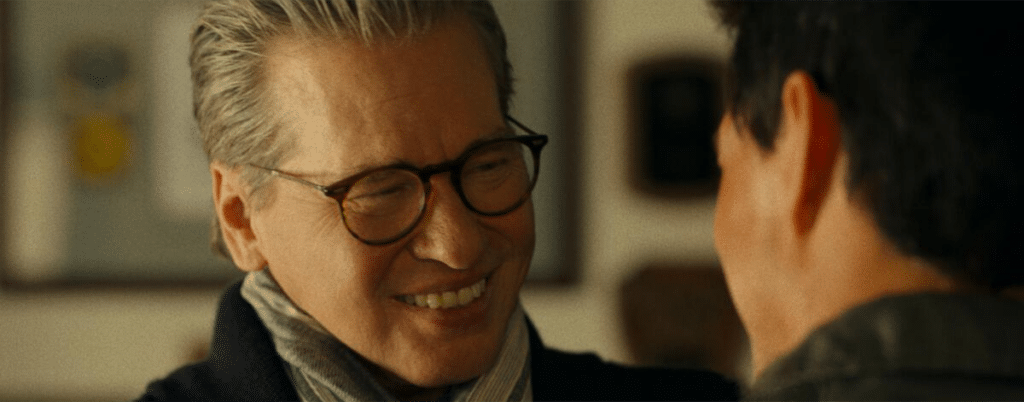
The Brutalist (2024)
Oscar-nominated and already award-winning blockbuster The Brutalist used Respeecher’s technology to make some of the Hungarian dialogue spoken by stars Adrian Brody and Felicity Jones sound more authentic.
While the application of AI-technology was successful, the move’s editor, Hungarian native speaker Dávid Jancsó has sparked a huge debate for its use.
Most of their Hungarian dialogue has a part of me talking in there. We were very careful about keeping their performances. It’s mainly just replacing letters here and there.
Dávid Jancsó (thecooldown.com)
Check out the full article from thecooldown.com all about how Respeecher enhanced the voices on The Brutalist.
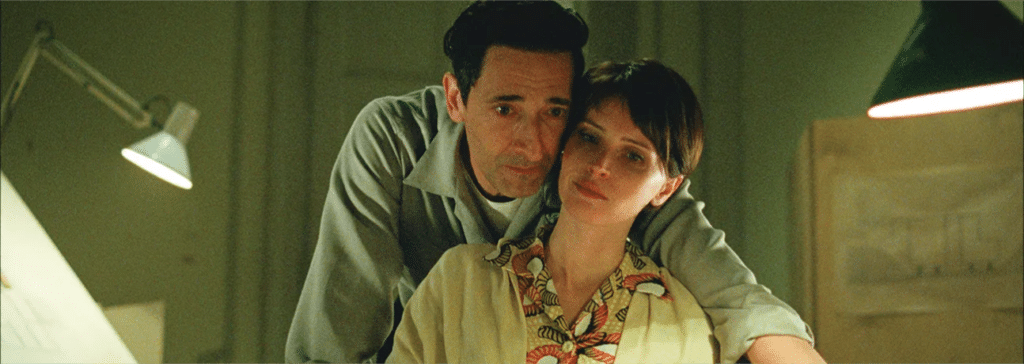
Cyberpunk 2077
AI voice replication has also extended into gaming. One of the hit game releases of the last few years, the Polish version of Cyberpunk 2077 also received the Respeecher treatment. When voice actor Milogost Reczek unfortunately passed away during development of the game’s expansion named Phantom Liberty, the studio CD Projekt RED tried to find a replacement actor to record new lines for Viktor Vektor’s character.
It was soon clear that no one they auditioned could replicate Reczek’s original tone in the way the studio wanted. So, instead they collaborated with Respeecher to recreate Reczek’s voice ready for the 2023 expansion to go live.
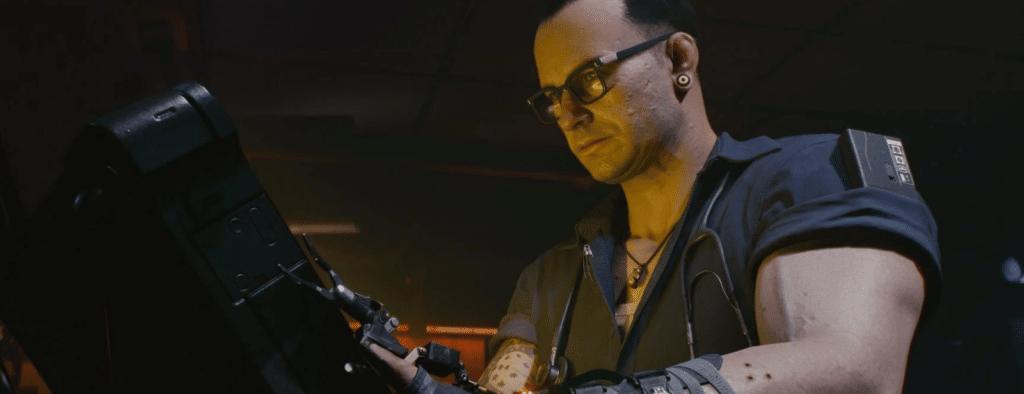
AI in Documentary and Biopic Narration
AI-generated voices replication are also being used in documentaries and historical reenactments to revive the voices of historical figures. This deep-learning technology has allowed filmmakers to recreate the speeches of famous personalities for educational and cinematic purposes.
The Benefits of AI-Generated Voices in Filmmaking
It may seem as though AI-generated voices are a novelty, especially in these early stages. However, it’s important as filmmakers, that we understand the benefits and the role AI can play in helping us be extra creative.
1. Preserves and Revives Iconic Performances
One of the main advantages of AI voice technology is one we’ve already mentioned, and that’s the ability to restore and preserve the voices of legendary actors.
This could be for continuity in a franchise or a posthumous tribute, allowing for characters to maintain their original sound, so audiences don’t know the difference. There is nothing better than being fully immersed in a character’s presentation, including both their appearance and how they sound!
2. Saves Time and Reducing Costs
First and foremost, the film industry is a business, and re-recording lines in post-production can be time-consuming and costly, especially when actors aren’t available. AI voice replication replaces the automated dialogue replacement (ADR) process. Filmmakers can tweak dialogue and performance without additional studio sessions.
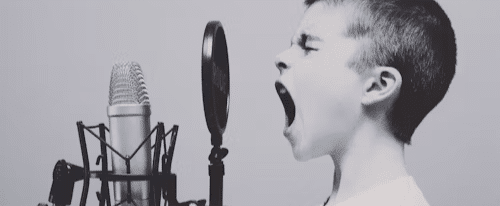
3. Expands Creative Possibilities
By using AI voice synthesis, directors can have more flexibility in shaping performances. They can adjust voice tone, pitch, and delivery without needing actors to re film entire scenes.
4. Improves Accessibility and Localization
AI-generated voices can be used to dub movies and TV shows in multiple languages while preserving the actor’s original tone and emotion in their performance.
International markets benefit from this hugely, where traditional dubbing often struggles to maintain authenticity.
Need a call sheet template? Celtx helps you plan every production detail.
Click here to download your free call sheet template
Ethical Concerns of AI Voice Replication in Film
As we’ve seen, AI voice technology presents us with exciting possibilities. However, its use also raises serious ethical and legal questions.
Let’s take a look at the flipside of the coin, and some of the biggest debates surrounding Respeecher and similar technologies on offer.
1. The Deepfake Dilemma
The ability to create highly realistic replicas of people’s voices quite rightly raises concerns about misinformation and deepfake technology. If misused, AI-generated voices could be employed for fraudulent activities, such as impersonation scams or distributing fake news.
2. Actor Rights and Consent
A key question emerges from the use of AI-generated voices: who owns an actor’s voice? Should studios be able to use an AI-generated version of an actor’s voice without their explicit consent?
This issue is especially disputed when it comes to deceased actors as they have no way of consenting (or not!) to their voice being replicated.
In an interview with The Gamer, Respeecher CEO Alex Serduik was asked if they’ve ever accepted a project without the actor or their family’s knowledge.
No, never. That has never happened over the six years of our existence. And that’s one of the reasons why Respeecher is the only voice cloning service that has their own IMDb page and has been used in massive productions… This trust, this respect, is important not just in terms of general ethics, and how we want to see our society move forward and adopt new technologies, but also a big part of the content itself. Whatever PR issues that can appear, if they use another technology and company, they will inevitably get worse results because no one also provides this unique service
Alex Serduik (The Gamer)
You can read Serduik’s entire interview with The Gamer right here.
3. Impact on Voice Acting Jobs
It’s inevitable that AI technology will continue to advance in all aspects. Some fear that human voice actors could be eventually replaced or see reduced opportunities to pursue their craft they’ve worked years to hone.
While AI cannot yet fully replicate the nuances of human emotion and improvisation, the technology is rapidly improving, raising concerns about the future of those in the voice acting profession. If this is to continue, safeguards and strict guidelines need to be put in place to ensure all actors are treated fairly.
4. Legal and Ethical Boundaries
Several industry professionals and advocates are calling for clearer regulations to ensure AI-replicated voices are used ethically. They are looking to establish legal guidelines around consent, licensing, and compensation for AI voice replication.
Work like this is crucial for all of us in the film and television industry, so we can make sure AI in whatever form, is fair and being used responsibly. Respeecher themselves have endorsed the Nurture Originals, Foster Art, and Keep Entertainment Safe Act (NO FAKES Act).
This legislative measure safeguards individual rights against unauthorized use of their voice and likeness in the age of advanced artificial intelligence and deep fake technology.
Respeecher
Learn more about Respeecher’s commitment to the NO FAKES Act here.

AI in Storyboarding and Pre-Production
Beyond voice synthesis, AI is also transforming other aspects of filmmaking, such as storyboarding. AI-powered storyboarding tools, like those integrated into modern production software, allow filmmakers to visualize scenes more efficiently.
By automating shot compositions, suggesting angles based on scripts, and enabling rapid iteration, AI is making pre-production more intuitive. To explore how AI is shaping storyboarding, check out our deep dive into the future of AI-powered storyboarding tools.
The Future of AI in Film & TV
As we’ve said, the evolution of AI voice technology in Hollywood is inevitable. Let’s explore what the future may hold…
Advancements in Realism and Emotional Expression
Current AI-generated voices continue to struggle with complex emotional expression and improvisation. Further developments in software like Respeecher will likely focus on refining these aspects and make AI voices even more indistinguishable from their human counterparts.
Hybrid Models of Human and AI Collaboration
Rather than replacing actors, AI voice technology is likely to serve as a tool that enhances human performances. Voice actors may use AI assistance to expand their vocal range, refine performances, or even continue working despite health or location limitations.
Stronger Regulations and Ethical Standards
As AI voice technology finds its way further into the mainstream, the industry will likely establish stricter regulations to ensure ethical use.
These regulations could include clearer licensing agreements, mandatory consent policies, and legal protections for actors.
Expansion into Virtual Reality and Gaming
As we’ve already seen with Cyberpunk 2077, AI voice technology is also making waves in gaming. This could also merge into virtual reality and the metaverse.
Dynamic AI-generated voices could allow for more immersive, interactive storytelling experiences for a variety of audiences, revolutionizing how they engage with digital media.
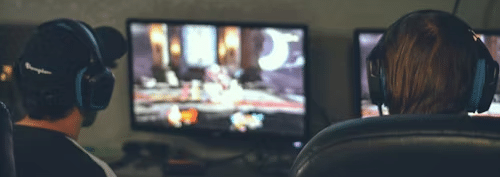
Yes, Celtx is free to start! Sign up and begin writing your next script.
Conclusion
Respeecher and other AI voice technologies are redefining the landscape of voice acting in film and TV, offering groundbreaking solutions for voice replication, restoration, and enhancement.
While these advancements bring numerous creative benefits, they also introduce ethical dilemmas that the industry must address to ensure responsible usage. As AI voice technology continues to evolve, Hollywood faces a critical balance between innovation and ethical integrity, shaping the future of storytelling in the digital age.
AI’s role in filmmaking is only growing. From AI-generated voices to AI-powered storyboarding, technology is pushing creative boundaries. The question isn’t whether AI will be a part of Hollywood’s future — it’s how filmmakers will harness it responsibly.
Whether you’re crafting your first script or managing a full production, Celtx has the tools to bring your story to life.
Try it for free today.
Dive into more articles from Celtx:
- What is a Storyboard? The Basics of How to Get Started
- What Exactly Does an Executive Producer Do?
- Feature, Documentary, or Short: Which Script Format Fits Your Story?
